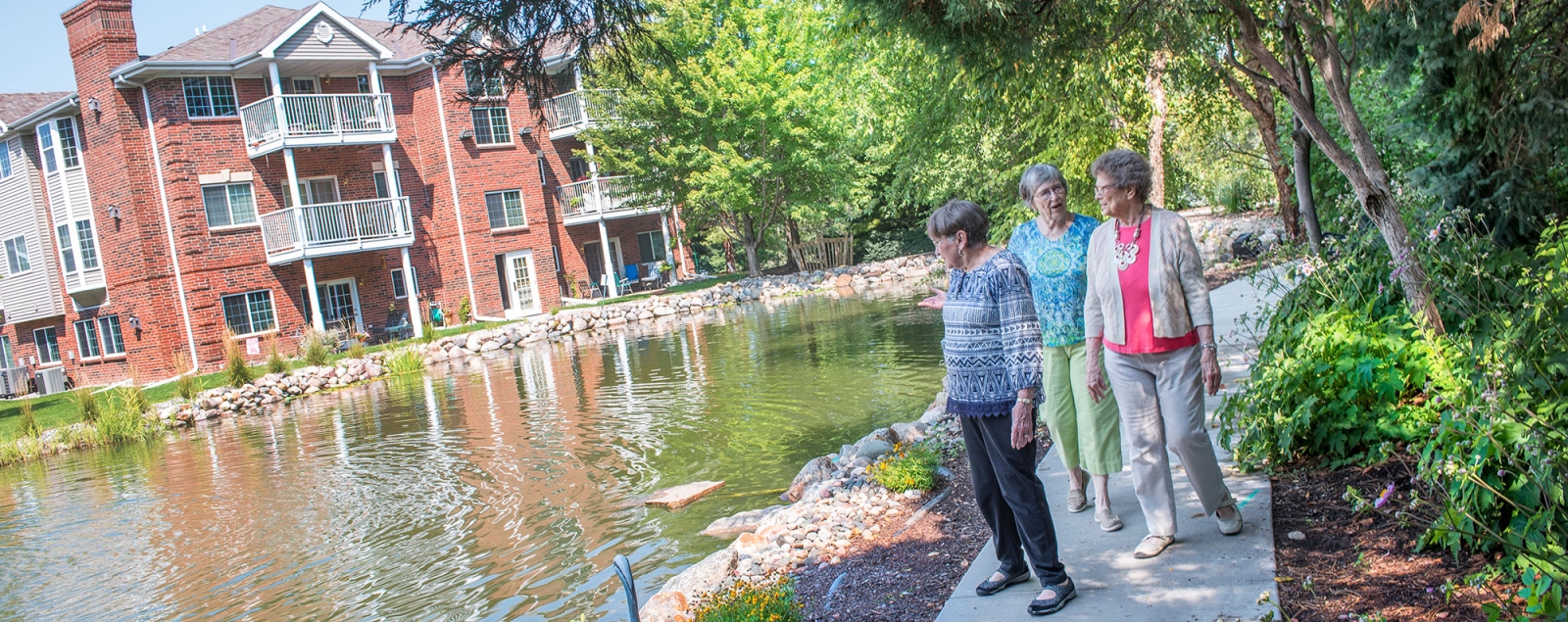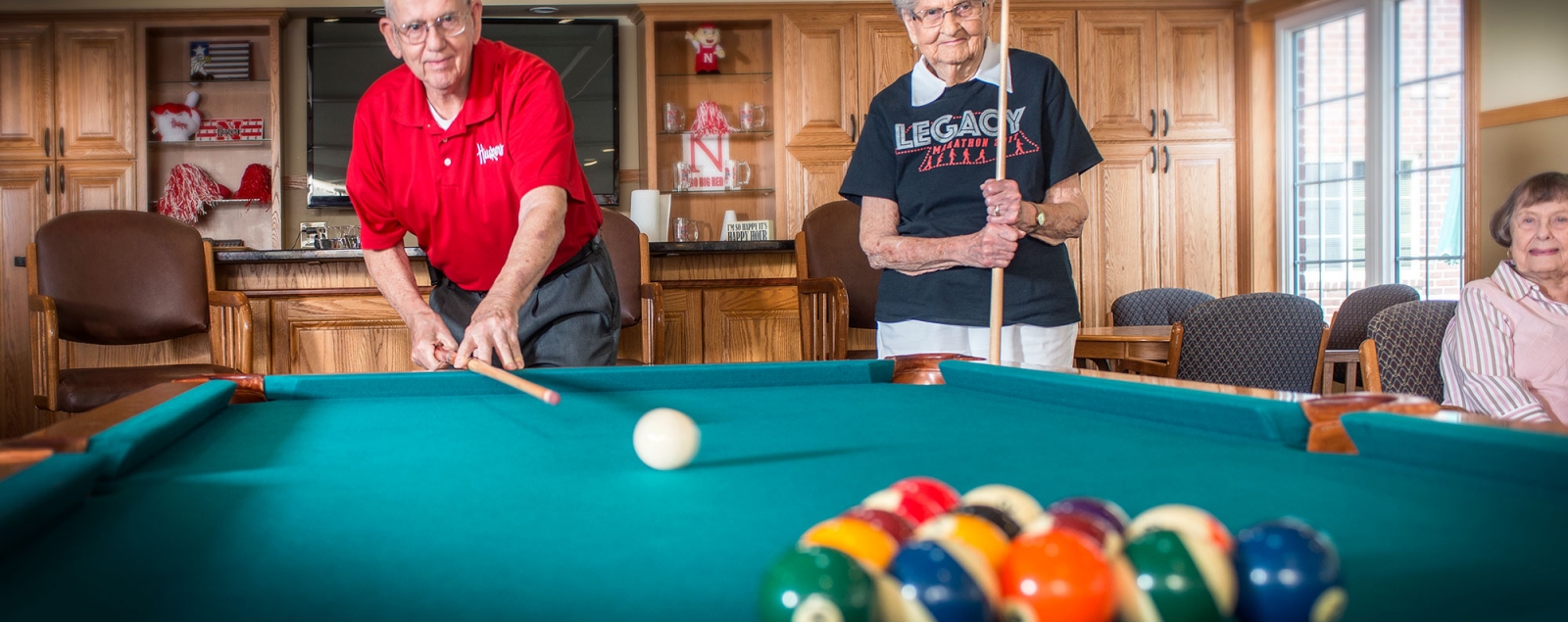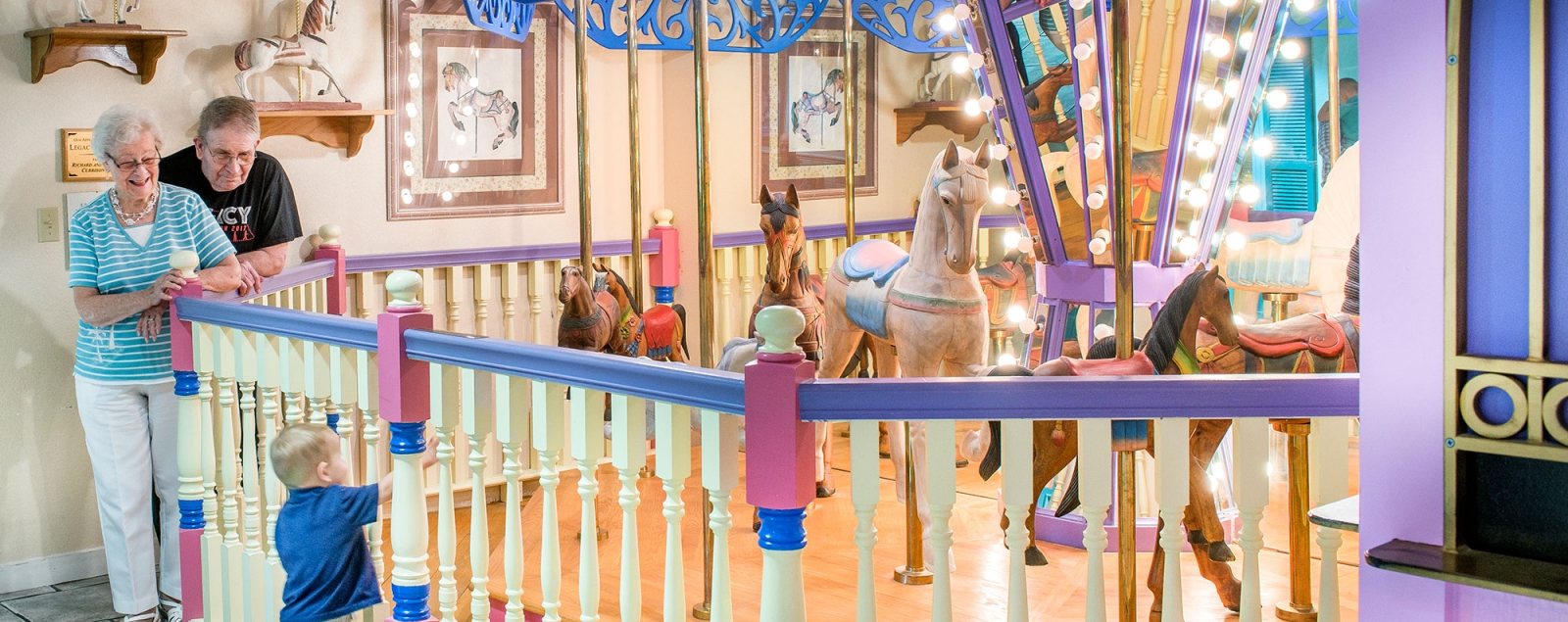Your Brain and Social Isolation
Your Brain and Social Isolation
By: Barb Scott
Barb Scott, BSN, RN is board certified in gerontological nursing by the American Nurses Credentialing Center. Barb serves as the Director of Clinical Operations for Legacy Retirement Communities.
As we live in the world of social distancing which can mean social isolation, it is more important than ever to keep our brains active to prevent decline. Nutrition and physical activity are are an important part of optimal cognitive function.
For nutrition, focus on the following -
1. Our diet is very important to prevent cognitive decline. The Mediterranean style diet has been proven to improve and maintain cognitive health. This diet consists of fish, poultry, nuts, fruits, vegetables and low intake of red meat.
2. Strive for consuming five servings of fruit and four servings of vegetables per day.
3. Cut down on processed foods, simple carbs and sugary drinks from diets, as this has been proven to wreak havoc on our guts and therefore, our minds as well.
4. Maintain a balanced diet: as always, what is good for the heart, is good for the brain!
Physical activity is important as well and an easy to engage your brain. Regular physical activity can include aerobic activity, strengthening exercises, flexibility and balance exercises. Exercise you do for your body benefits the mind as well because exercise lessens anxiety that we may be feeling through these hard times and will leave us happier with a warmer disposition.
A list of simple exercises that you will benefit from:
Standing on one leg for periods of 30-60 seconds each
Walking while taking long strides
Walking an imaginary tightrope on a straight line
Strength training with free weights has been proven to combat declining health associated with aging. Traditionally, older adults opt for low-intensity and low resistance exercise because they believe that heavy free weight exercise isn’t right for them. Studies show the opposite. If desired, use everyday household items such as soup cans to add weight for exercises.
Other options to stay fit at home are yoga, pilates, tai chi, and stretching. These all improve balance, flexibility, core strength, and overall mobility. Many instructional videos can be found online, and some are even tailored specifically for older adults. Another option is joining a virtual class hosted by an area exercise studio or senior center.
Aside from nutrition and physical activity, challenge your brain by participating in creative and intellectually stimulating activities. Incorporate a few (or all) of the following -
1. Reading and writing are great for better brain aging! Whether it’s solo reading, and virtual book clubs, you’ll be better for it.
2. If you have a musical instrument, just play it!
3. Crossword puzzles, board games and card games are all good for cognitive stimulation.
4. Meditation has been proven to improve cognitive wellness.
5. Try a new hobby that inspires you or makes you curious: learning something new promotes new brain connections! Take time for art, cooking, baking, or learning a new language .
6. Engage in new learning experiences that are appealing and challenging.
7. Dancing is known for its cardiovascular benefits. It is a fun, low-impact way to exercise and boost endurance during long days of social distancing. As an added benefit, listening to some favorite music may bring back fond memories.
8. Gardening is great for older adults who enjoy being outdoors. It can enhance outdoor spaces while burning calories and providing a healthy dose of fresh air. If you’re not quite as mobile as you once were, there are other alternatives to reap the benefits of gardening. Potting small plants or herbs to be maintained indoors or decorating an enclosed porch or patio can provide a welcomed diversion and keep you moving and active.
9. Arts and crafts can help maintain dexterity and cognitive skills whether it be knitting, crocheting, painting, coloring, or working with clay, arts and crafts
10. A walk around the neighborhood can provide sufficient exercise to reduce restlessness and deliver mood and immune-boosting benefits. Avoid crowds. If you must stay indoors, walking around the house or marching in place can increase daily step counts.
Overall, limit frequency of COVID-19-related (or other stressful) news and limit screen time. Be sure to maintain your sleep: good sleep restores the brain to keep it healthy for the next day
Stay well!



